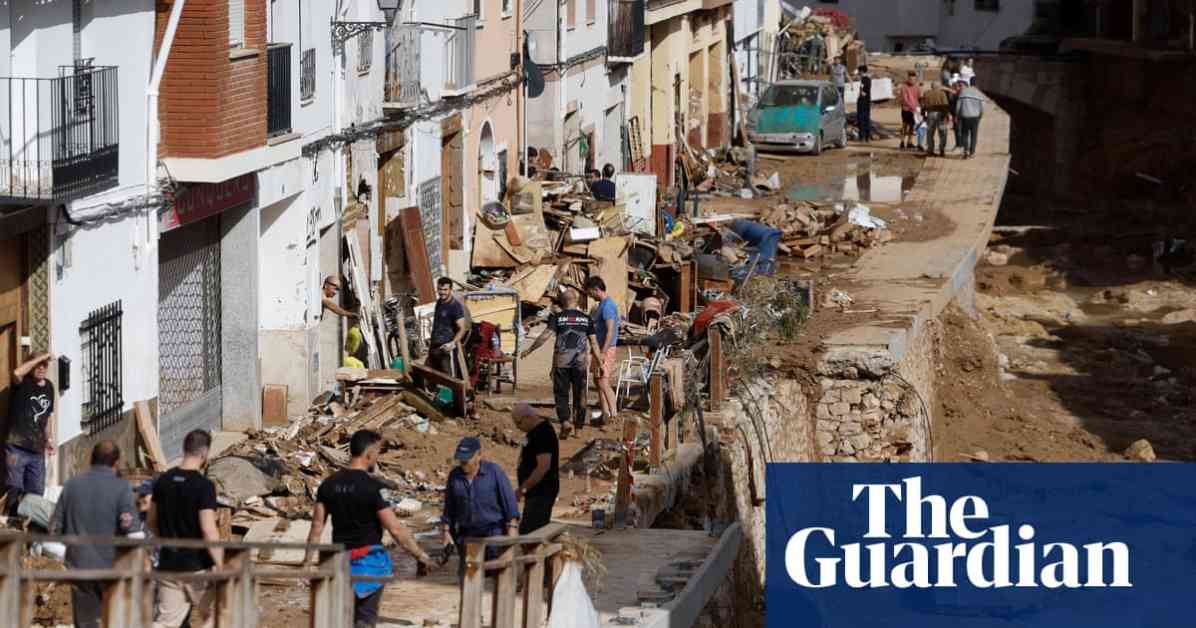The death toll from the devastating floods in eastern Spain has climbed to 158, as regional authorities and emergency services have confirmed. The country has initiated three days of mourning following this tragic event. Prime Minister Pedro Sánchez has urged citizens to stay at home and follow the instructions of emergency services to save as many lives as possible.
The hardest-hit region of Valencia reported 155 bodies recovered, with three additional deaths in Castilla-La Mancha and Andalusia. This disaster marks the deadliest flooding episode in Spain’s modern history. While the exact number of missing individuals remains undisclosed, Defence Minister Margarita Robles anticipates a further increase in the death toll due to inaccessible areas.
Following the flash floods that ravaged Valencia, causing severe damage to infrastructure, bridges, roads, and railways, the nation observed a minute of silence and flew flags at half-mast in remembrance of the victims. Survivors recounted harrowing experiences of being trapped in rapidly rising waters, turning narrow streets into perilous traps.
Angry residents criticized the delayed mobile phone alerts, issued hours after the national weather service had already issued a red alert for heavy rains. Despite accusations of slow response from conservative opposition politicians, regional authorities defended their adherence to standard protocols in managing the crisis.
Meteorologists reported that a year’s worth of rain fell within eight hours in some parts of Valencia, leading to catastrophic flooding. The phenomenon known as “gota fría” or “cold drop” was attributed to the intense rainfall, caused by atmospheric instability from cold air over warm Mediterranean waters. Scientists suggest that the climate crisis contributes to the increasing frequency and severity of extreme weather events.
Rescue operations involving emergency service workers and over 1,200 troops are ongoing to locate survivors and clear debris from towns and villages. The transportation minister highlighted the extensive road damage, with some roads blocked by abandoned vehicles, including those with fatalities. Efforts to restore the high-speed rail line between Madrid and Valencia could take up to three weeks.
King Felipe VI emphasized that the emergency is far from over, prompting authorities to issue alerts for other regions at risk of severe weather conditions. The town of Utiel, where six fatalities occurred, struggles to recover from the devastation as residents salvage belongings and clean up mud-caked homes.
While Spain mourns the lives lost in this tragic event, the nation faces the arduous task of rebuilding and providing support to affected communities. The scale of this disaster underscores the importance of preparedness and swift action in mitigating the impact of natural disasters.












